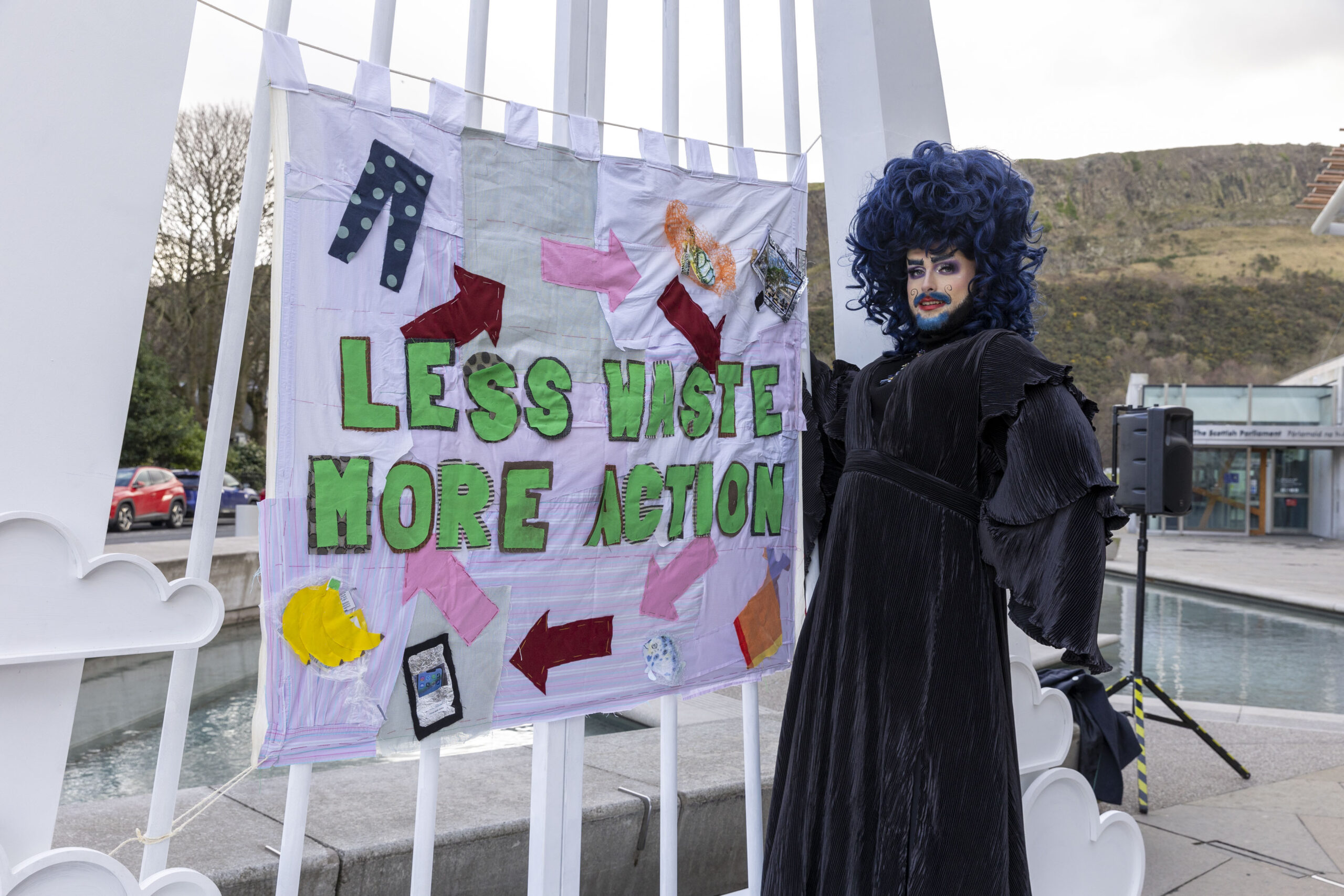
Scottish Government abandons recycling target
Environmental campaigners have slammed the Scottish Government for abandoning its target to increase household recycling rate to 60%. The ‘unbelievable’ move has been made as part of its creation of a new law to tackle waste by moving Scotland to a circular economy.
The Circular Economy Bill was introduced to the Scottish Parliament in June 2023 to improve the way Scotland manages materials and waste, and it’s due to be finalised by the summer. The bill does not include national targets to increase household recycling, leaving the option to set them in the future legislation but with no requirement to do so. It also includes optional targets for individual councils on household waste recycling but these will not be imposed until at least 2030.
The Scottish Government had previously committed to a policy of achieving 60% household waste recycling by 2020, which is still a long way from being met. Household recycling rates in Scotland have flatlined for a decade, never rising above 46%, with 2022 seeing just 43% of waste being recycled.
This is in stark contrast to Wales, where steady progress and investment has raised household recycling to a national average of 65%. Their target of 70% by 2025, is expected to be met.
Conservative MSPs attempted to include an updated commitment to the Scottish Government’s existing recycling targets for households in the bill but these were opposed by the Government.
The Circular Economy Bill is now entering the third and final stage of Parliamentary scrutiny before it becomes a law. There is one final opportunity to make changes when all MSPs debate and vote on the bill, which is scheduled to happen before the summer recess.
Other suggested improvements to the bill which have been rejected by the Scottish Government include: measures to reduce pollution, climate and human rights impact of the materials used in Scotland; plans to manage supply of minerals, such as lithium, required for the energy transition; and the introduction of an independent advisory body on the circular economy.
Kim Pratt, circular economy campaigner at Friends of the Earth Scotland, said:
“It’s unbelievable that the Scottish Government is taking a backwards step on recycling. Like with our climate targets, ministers have failed to take the action needed to achieve the targets, and now they’re trying to wipe their hands of them.
“The Circular Economy Bill was meant to turn Scotland’s failing recycling systems around, while building on it to transform our material use, but instead the Scottish Government has chosen to abandon targets to improve household recycling altogether.
“Better recycling is the most basic step towards creating a circular economy. Everyone in Scotland deserves access to high quality reuse and recycling services. The Scottish Government has invested £70m in a recycling improvement fund and including targets is a key way for the public to know if this investment is having a beneficial impact.
“The Scottish Government must revise its approach to the Circular Economy Bill if it truly wants to improve how materials and waste are managed. It must include targets to reduce the carbon footprint of Scotland’s material use, measures to improve the human rights and environmental impacts in Scotland’s international supply chains, as well as mandatory national household recycling targets.”
Circular Economy Bill, as amended at stage 2. Section 6(3) states recycling is one of several options for a national target, with no details of the ambition or timescale given and Section 13(2) states optional local authority can only be imposed after April 2030.
Friends of the Earth Scotland briefing paper on the circular economy
Scottish Government (2016) Making Things Last, 60% household recycling target by 2020
Welsh Government recycling statistics
